Our oceans are drowning—not in water, but in waste. Every year, millions of tons of plastic, chemicals, and industrial runoff pour into the seas, threatening marine life, coastal communities, and even the food we eat. While no nation is innocent, a handful of countries contribute a staggering share of the world’s ocean pollution, driven by overconsumption, poor waste management, and rapid industrial growth. From plastic-choked rivers to toxic coastlines, these are the countries fueling the global ocean crisis—and the ones with the most power to turn it around.
1. China
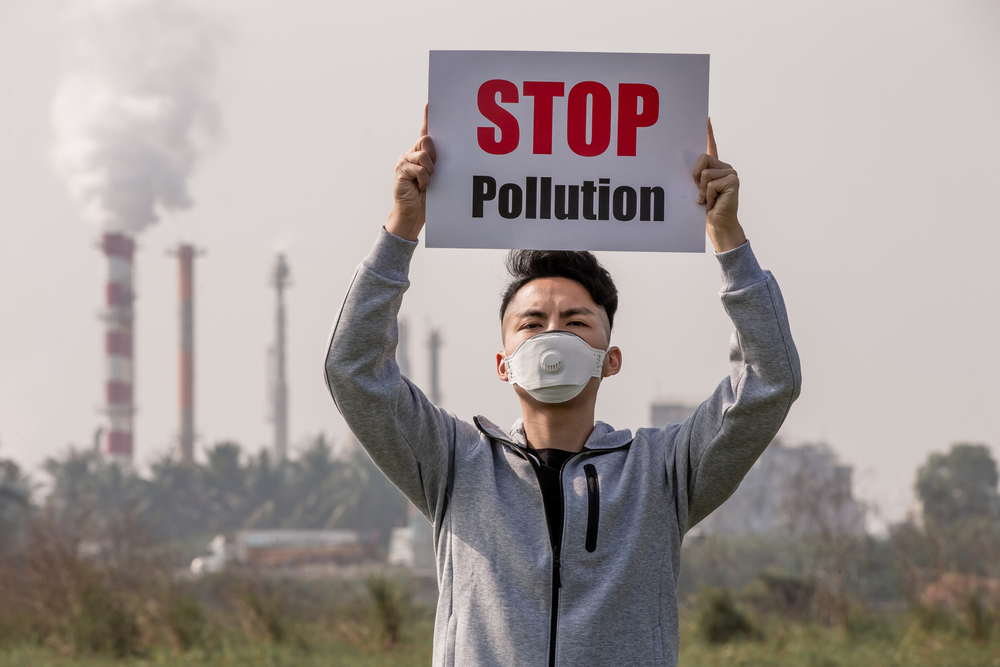
China, with its expansive industrial activities and large population, tops the list when it comes to ocean pollution. The country’s rapid economic growth has led to increased waste production, much of which ends up in the sea. The Yangtze River alone carries an estimated 1.5 million tons of plastic waste into the ocean each year. This staggering figure highlights the need for improved waste management and recycling efforts across the nation.
A study published in the journal Science reveals that China accounts for approximately 28% of the global ocean plastic pollution. Despite recent efforts to curb plastic use, such as the ban on single-use plastics in major cities, the sheer scale of the problem requires more comprehensive policies. Local governments and communities play a crucial role in implementing these changes. As awareness grows, so does the hope for cleaner oceans in the future.
2. Indonesia
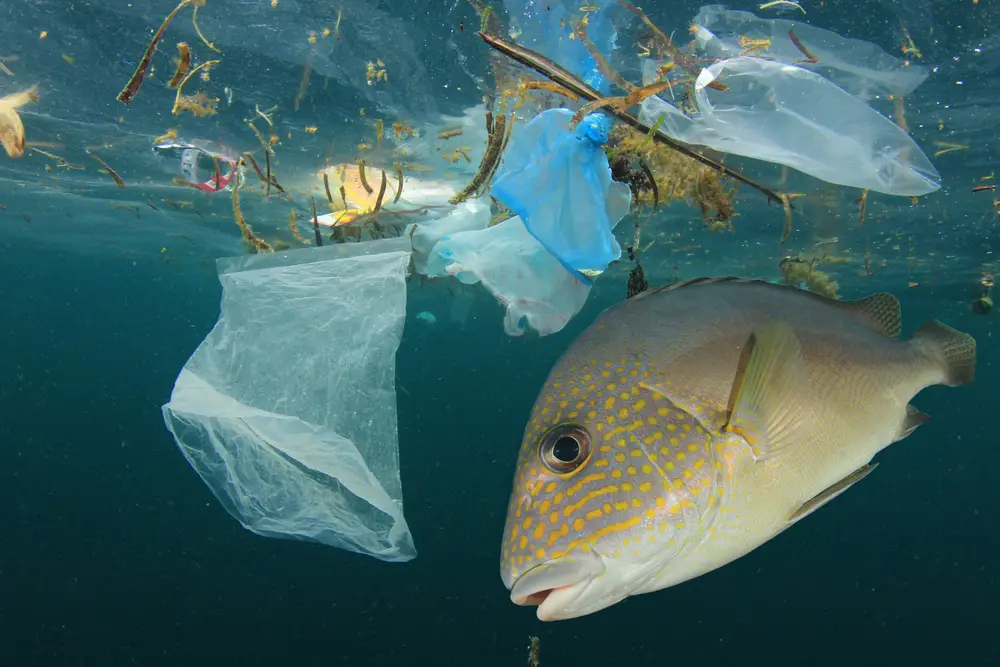
Indonesia’s picturesque beaches often hide a troubling reality beneath their waves. The archipelago nation, with over 17,000 islands, struggles significantly with marine pollution. The limited waste management infrastructure can’t keep pace with rapid urbanization and population growth. Rivers and waterways serve as conduits for plastic waste, leading straight to the ocean.
The country’s vibrant fishing industry also contributes to the problem, with discarded fishing gear adding to the marine debris. Local NGOs and international partners work tirelessly to engage communities in waste reduction initiatives. Beach clean-up events have become more frequent, aiming to restore Indonesia’s natural beauty. Ultimately, education and systemic reforms are key to addressing these deep-rooted issues.
3. Philippines
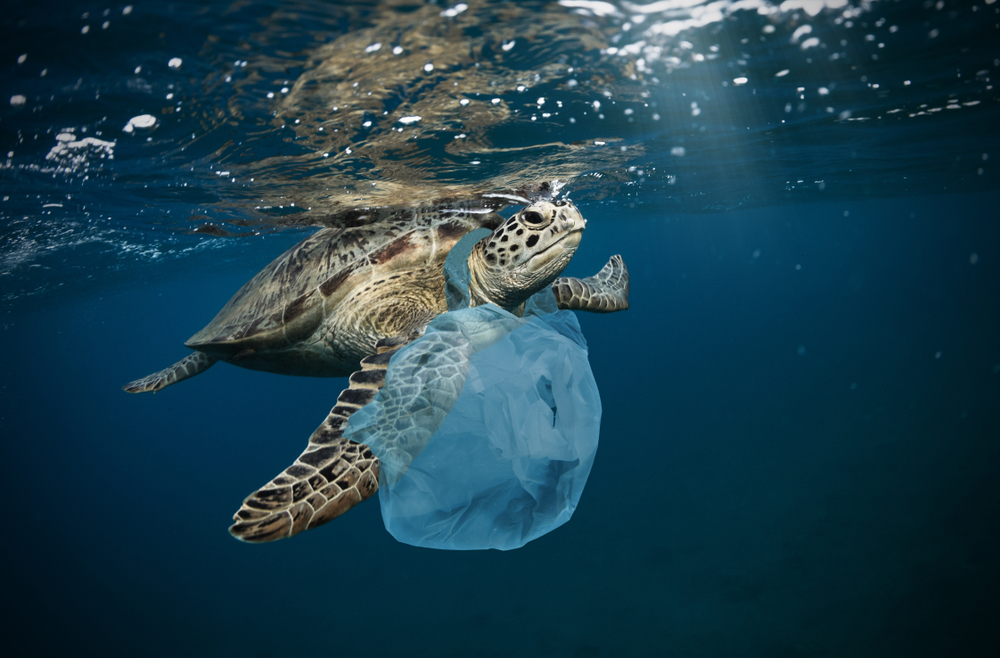
The Philippines, known for its stunning archipelagic beauty, is another major contributor to ocean pollution. Despite being a biodiversity hotspot, the nation grapples with significant waste disposal challenges. According to a study in Nature Communication, the Philippines is responsible for about a third of the plastic waste entering the ocean globally. This alarming statistic underscores the need for robust waste management solutions.
Efforts to combat pollution include grassroots initiatives like the “War on Waste” campaigns in various cities. The government has also enacted laws to address plastic use, but enforcement remains inconsistent. Community involvement in recycling and waste segregation is crucial to these efforts. Education campaigns continue to raise awareness, aiming to turn the tide against pollution.
4. Vietnam
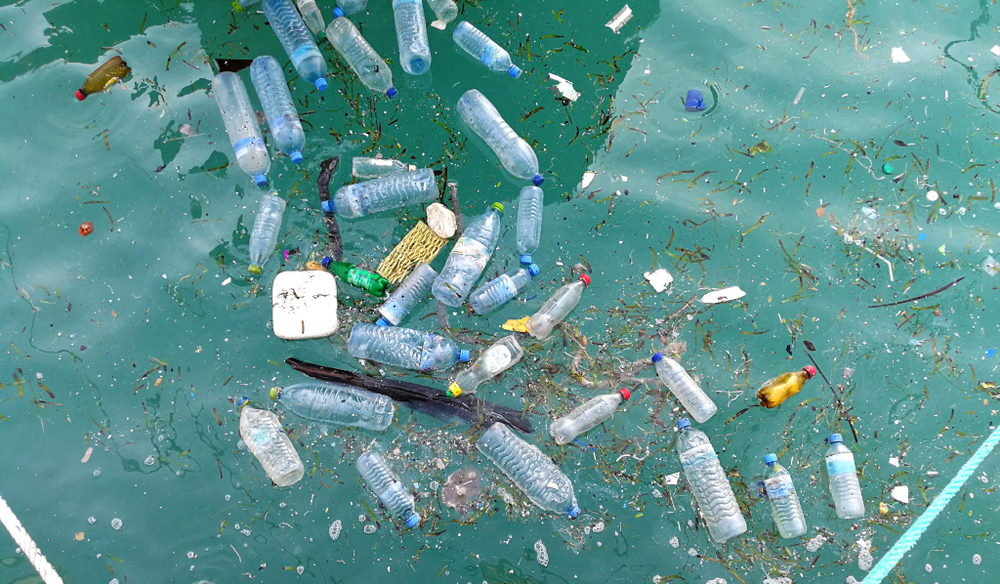
Vietnam’s coastline is a crucial part of its economy, yet it is also a pathway for significant marine pollution. The country’s industrial activities, coupled with a surge in tourism, contribute to the growing waste problem. Much of the waste generated ends up in rivers, eventually finding its way to the sea. The Mekong River, one of the most significant sources of oceanic debris, flows through the heart of Vietnam.
The government has launched initiatives like the National Action Plan on Marine Plastic Debris Management to tackle this issue. There is a growing emphasis on reducing single-use plastics and improving recycling rates. Community-driven projects are gaining momentum, focusing on sustainable practices. The challenge lies in balancing economic growth with environmental stewardship.
5. Sri Lanka
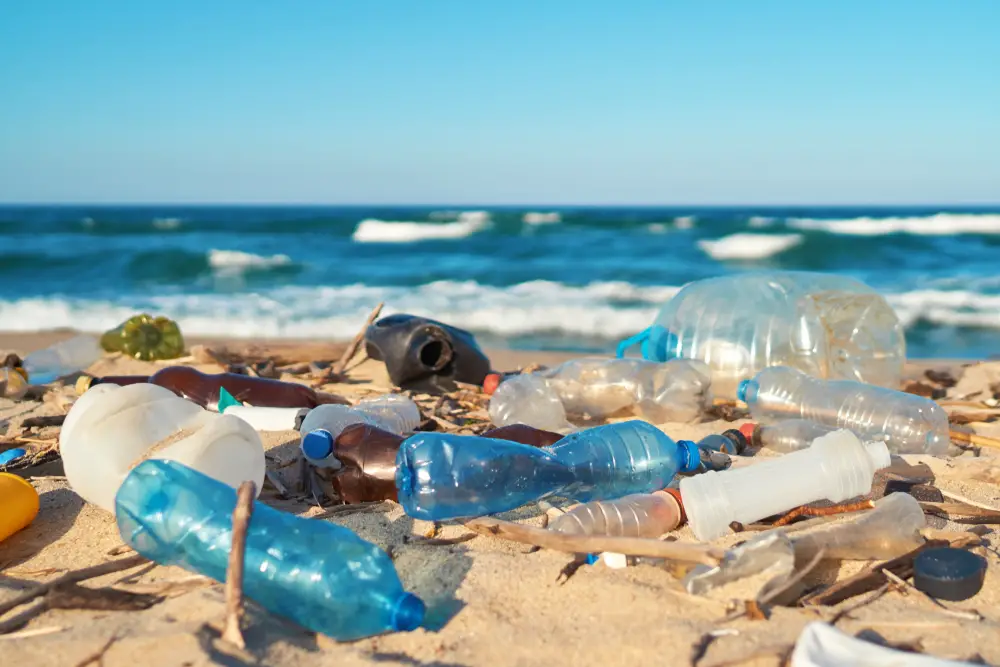
Sri Lanka, an island nation with a vibrant marine ecosystem, faces significant challenges with ocean pollution. The lack of comprehensive waste management infrastructure exacerbates the problem. A report by the Commonwealth Marine Litter Programme notes that Sri Lanka ranks highly in terms of mismanaged plastic waste. This issue is compounded by the monsoon season, which washes debris from land to sea.
The government has been proactive, initiating policies to phase out single-use plastics and enhance recycling efforts. Community awareness campaigns play a pivotal role in these efforts, educating citizens about the impact of marine litter. Partnerships with international organizations provide resources and expertise to tackle pollution. The journey towards cleaner oceans is ongoing, necessitating sustained commitment and collaboration.
6. Thailand
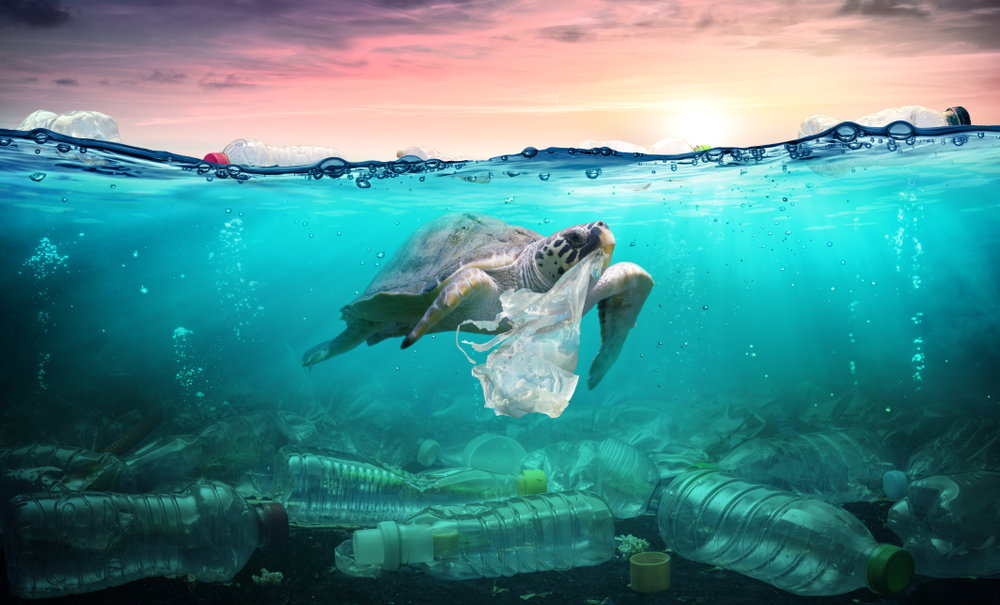
Thailand, famous for its stunning beaches, faces a paradoxical situation with marine pollution. The booming tourism industry contributes significantly to the problem, with tourists generating large amounts of waste. This waste often finds its way into the ocean, particularly in coastal areas with inadequate waste management systems. Fishing activities further exacerbate the situation, with discarded nets and gear adding to the debris.
Efforts to address these issues have seen the implementation of beach clean-up programs and public awareness campaigns. The government has also introduced policies to limit plastic waste, such as banning certain single-use plastics. Local businesses are increasingly adopting sustainable practices, including alternatives to plastic packaging. These initiatives reflect a growing recognition of the need to protect Thailand’s natural heritage.
7. Egypt
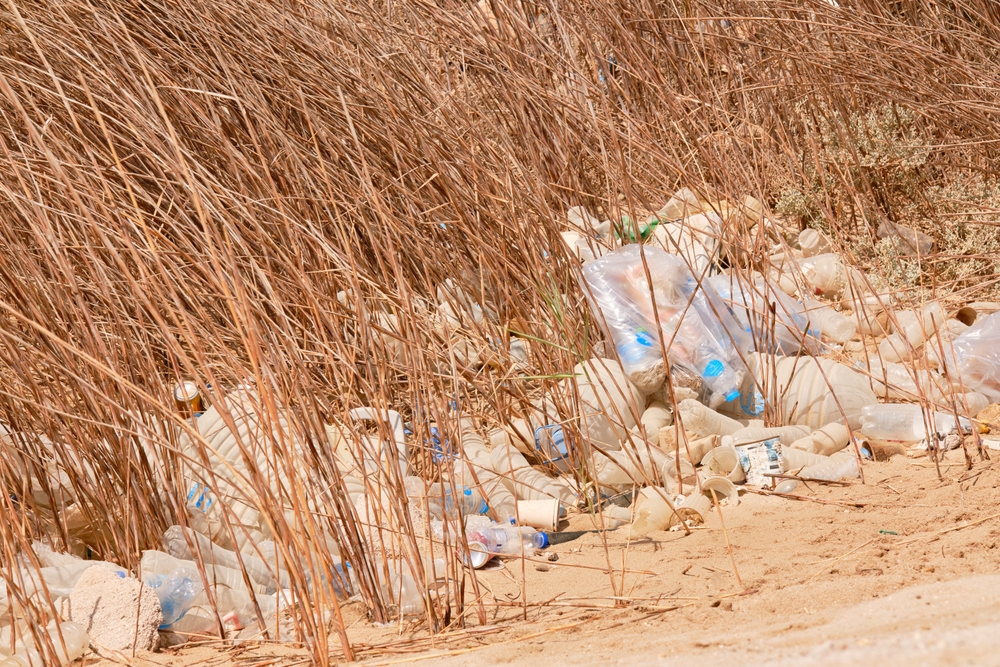
Egypt, with its strategic location and bustling ports, contributes significantly to marine pollution in the Mediterranean. The lack of efficient waste management systems leads to a high volume of litter entering the sea. According to research published in Marine Pollution Bulletin, the Nile River is a major conduit for plastic waste flowing into the Mediterranean Sea. This highlights the need for comprehensive river basin management strategies.
Efforts are underway to address these challenges, with government initiatives focusing on improving waste collection and recycling. Public-private partnerships have emerged as a viable model for tackling urban waste. Community engagement is crucial, with local organizations playing a key role in raising awareness. The path forward involves integrating environmental policies with economic development goals.
8. Malaysia
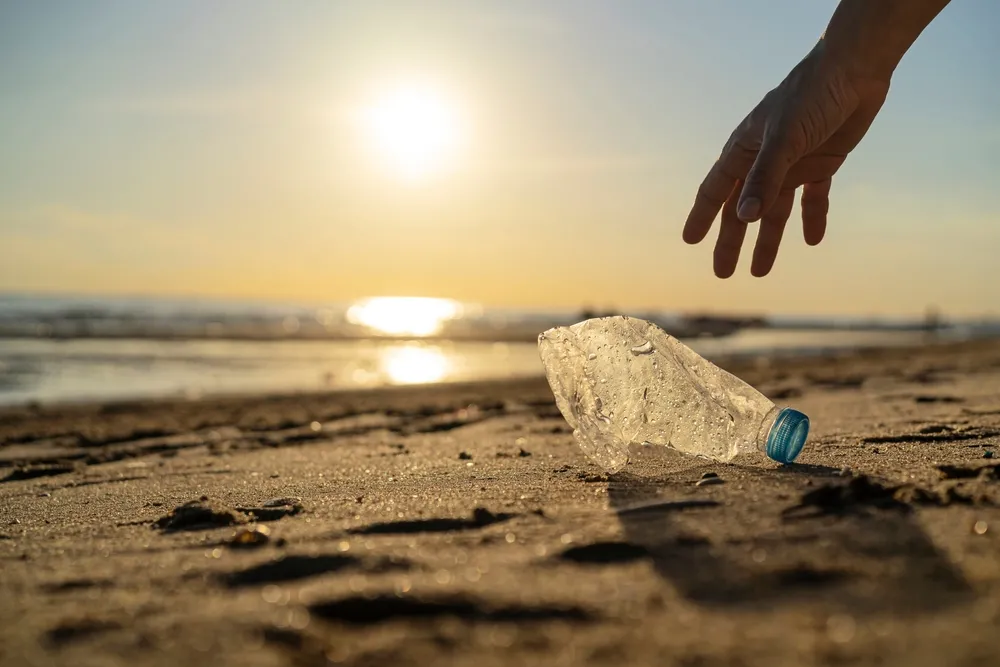
Malaysia, with its sprawling coastlines and thriving maritime industries, faces significant ocean pollution challenges. Urbanization and industrial activities contribute to the generation of vast amounts of waste. This waste, often improperly managed, ends up in rivers and, subsequently, the ocean. The fishing industry also contributes to marine debris, particularly through discarded nets and gear.
Government initiatives aim to tackle these challenges, focusing on waste reduction and recycling. Public awareness campaigns have gained traction, emphasizing the importance of sustainable practices. Local communities are increasingly involved in beach clean-ups and environmental education. These efforts reflect a growing commitment to preserving Malaysia’s rich marine biodiversity.
9. Nigeria
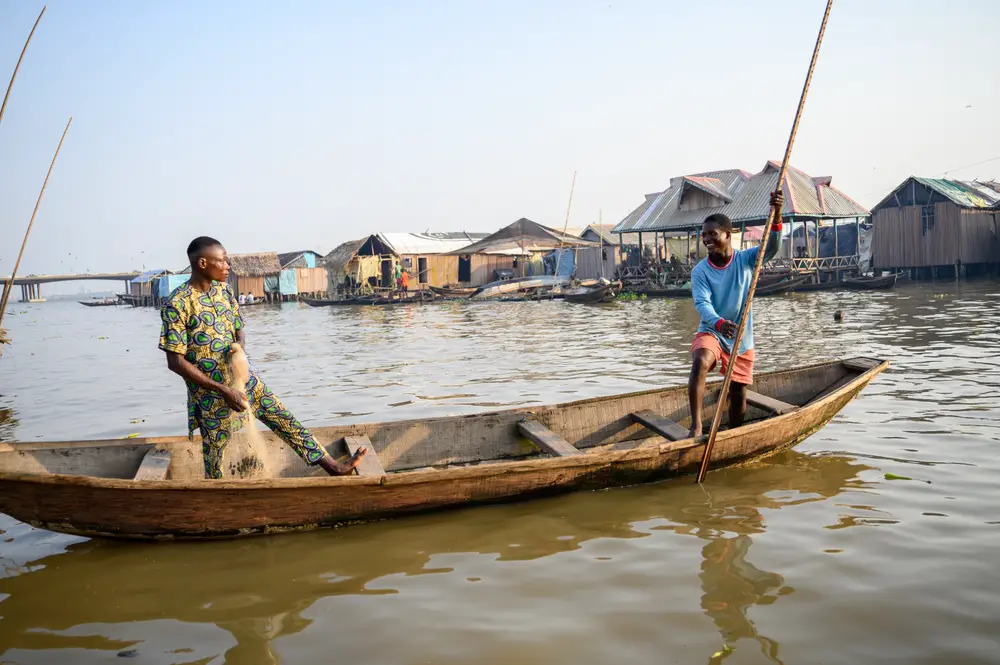
Nigeria, with its extensive coastline along the Gulf of Guinea, is a significant contributor to marine pollution. The country’s rapid urbanization and industrialization have outpaced the development of adequate waste management systems. Rivers and waterways are major conduits for waste, carrying plastic and debris to the ocean. The oil industry, a key economic sector, also contributes to marine pollution through oil spills and discharge.
To combat these challenges, Nigeria has implemented policies aimed at improving waste management infrastructure and reducing plastic pollution. Environmental organizations are actively engaging communities in clean-up efforts and educational campaigns. There is growing recognition of the need to balance economic development with environmental sustainability. Collaboration between government, industry, and communities is crucial to achieving lasting solutions.
10. Brazil
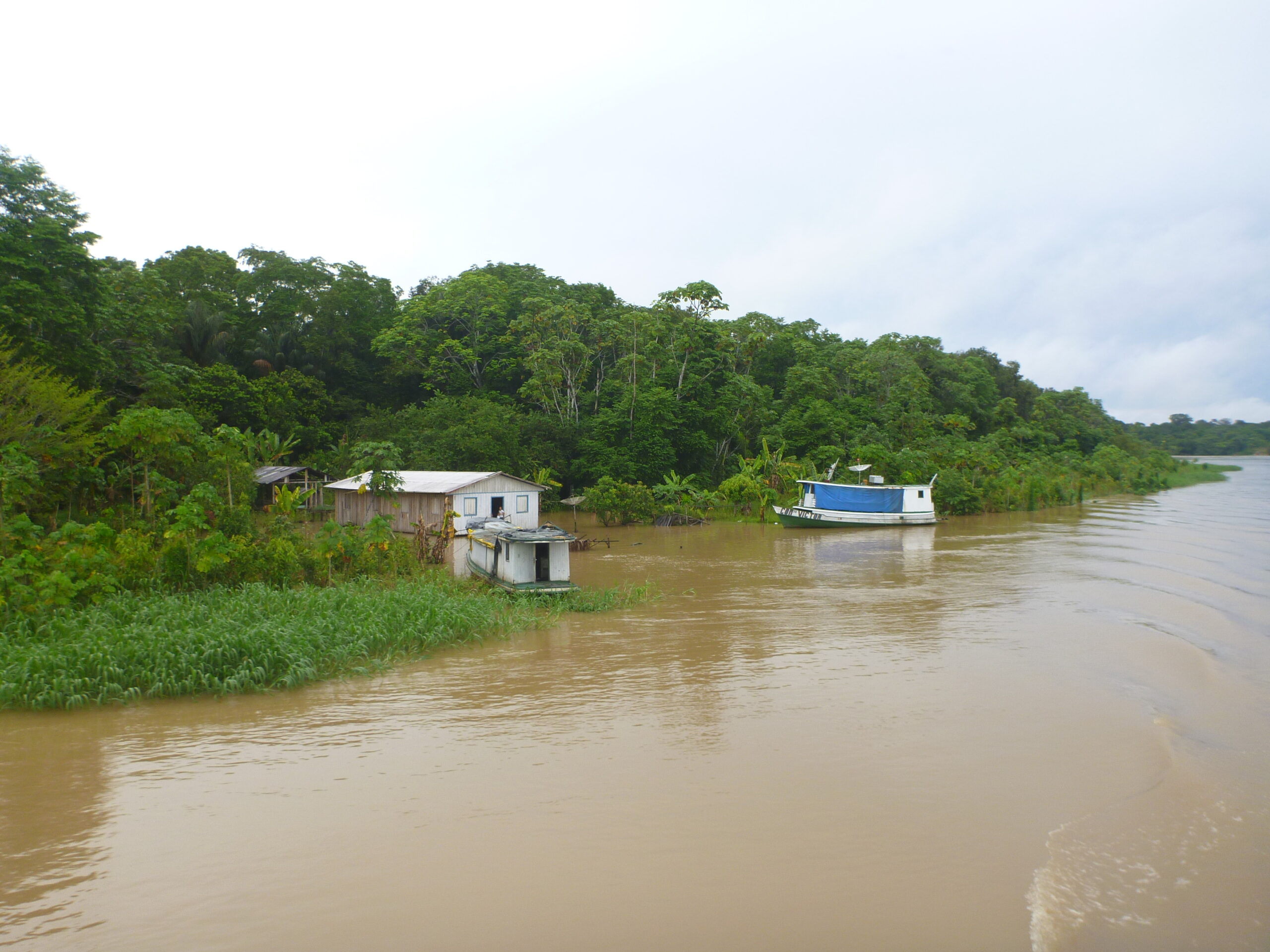
Brazil, known for its vast biodiversity and extensive coastline, faces significant ocean pollution challenges. The country’s rapid urbanization and industrial growth have led to increased waste generation. Much of this waste ends up in the ocean, carried by rivers like the Amazon. The fishing industry also contributes to marine debris, with discarded nets and gear adding to the problem.
Efforts to address these issues have seen the implementation of waste reduction and recycling initiatives. Public awareness campaigns emphasize the importance of sustainable practices and environmental conservation. Local communities are actively involved in clean-up activities and environmental education. These efforts reflect a growing commitment to preserving Brazil’s rich marine ecosystems.
11. India
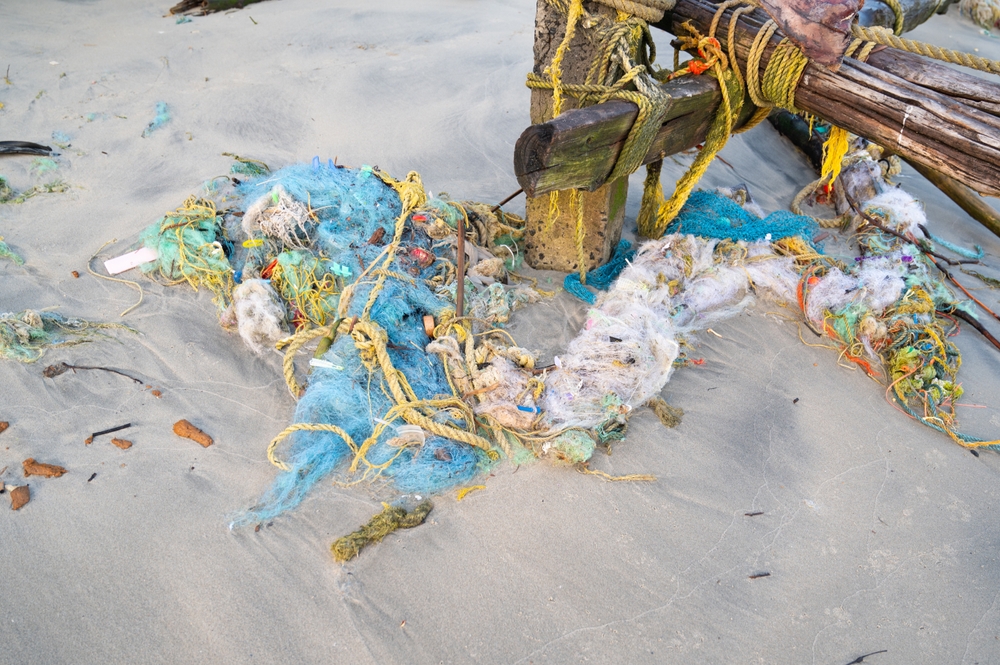
India, with its extensive coastline and burgeoning population, is a significant contributor to ocean pollution. The country’s rapid urbanization and industrial activities generate vast amounts of waste. Much of this waste ends up in rivers, which carry it to the sea. The fishing industry also plays a role, contributing to marine debris through discarded nets and gear.
Efforts to combat pollution include government initiatives focused on waste reduction and recycling. Public awareness campaigns have gained traction, emphasizing the importance of sustainable practices. Local communities are increasingly involved in clean-up efforts and environmental education. These initiatives reflect a growing recognition of the need to protect India’s rich marine biodiversity.
12. United States

The United States, with its expansive coastline and diverse industries, contributes significantly to ocean pollution. Urbanization, industrial activities, and agricultural runoff all contribute to the problem. Marine debris, including plastic waste, is a major concern, with impacts on marine life and ecosystems. The fishing industry also contributes, particularly through discarded gear.
Efforts to address these challenges focus on waste reduction, recycling, and sustainable practices. Government policies aim to curb plastic pollution and improve waste management infrastructure. Public awareness campaigns emphasize the importance of environmental conservation. Collaboration between government, industry, and communities is key to achieving lasting solutions.
13. South Korea
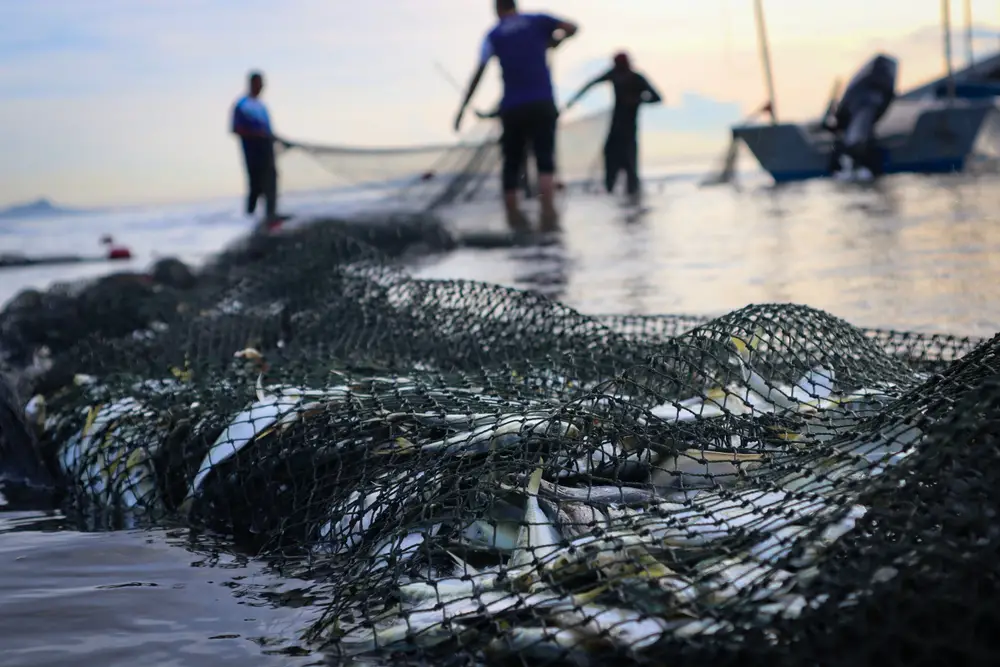
South Korea, with its advanced economy and technological prowess, faces significant ocean pollution challenges. Urbanization and industrial activities generate large amounts of waste, much of which ends up in the sea. The fishing industry also contributes, with discarded nets and gear adding to the debris. Marine pollution poses a threat to South Korea’s rich marine biodiversity and fisheries.
Efforts to combat pollution include government initiatives focused on waste reduction and recycling. Public awareness campaigns have gained traction, emphasizing the importance of sustainable practices. Local communities are actively involved in clean-up efforts and environmental education. These initiatives reflect a growing recognition of the need to protect South Korea’s marine ecosystems.
14. Japan
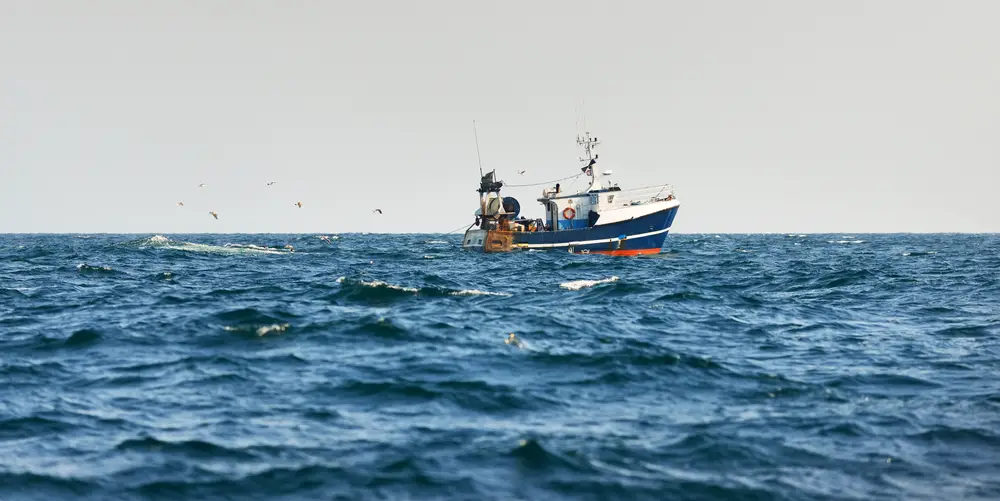
Japan, surrounded by the Pacific Ocean, faces significant marine pollution challenges. The country’s advanced economy and industrial activities generate large amounts of waste. Much of this waste ends up in the sea, impacting marine life and ecosystems. The fishing industry also contributes, with discarded nets and gear adding to the problem.
Efforts to address these challenges focus on waste reduction, recycling, and sustainable practices. Government policies aim to curb plastic pollution and improve waste management infrastructure. Public awareness campaigns emphasize the importance of environmental conservation. Collaboration between government, industry, and communities is key to achieving lasting solutions.
